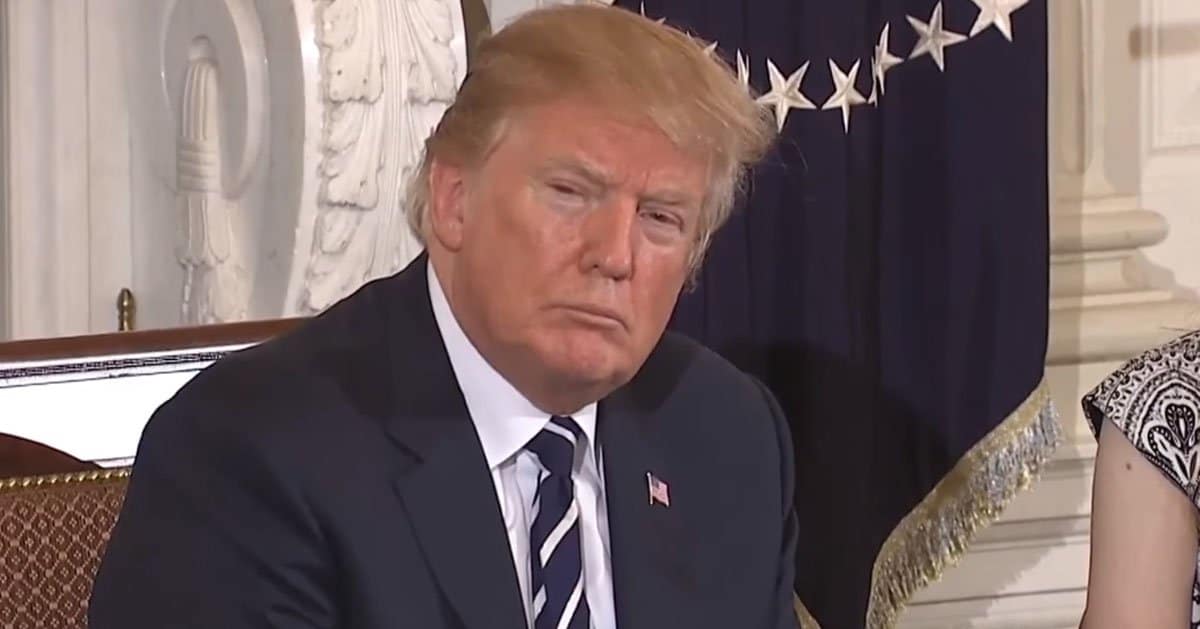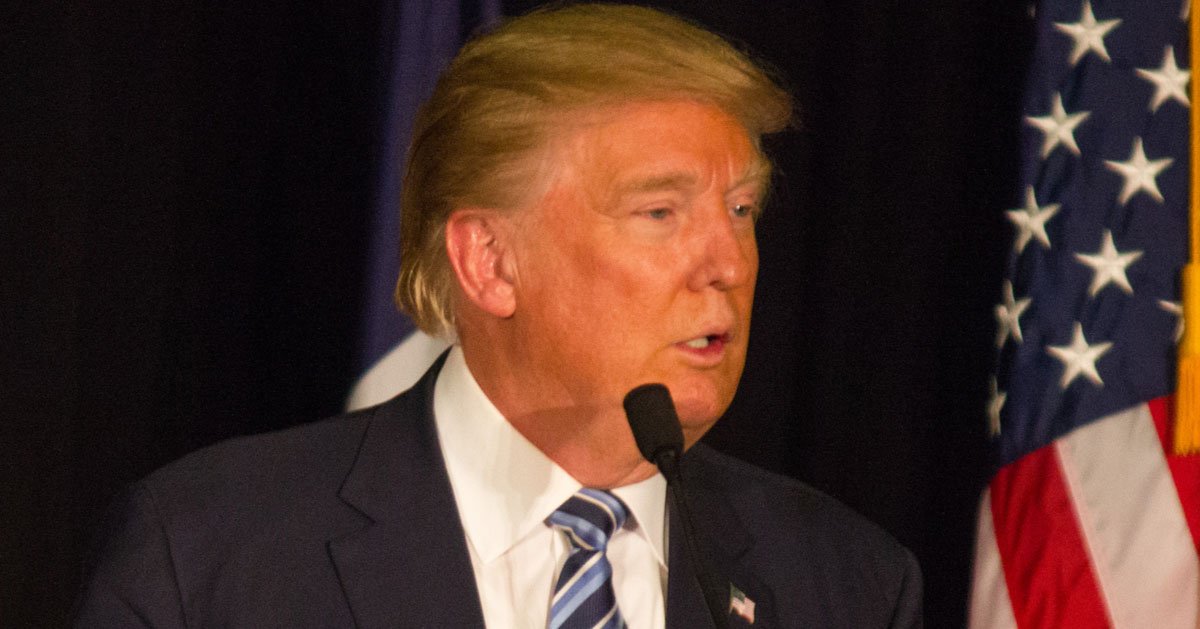








The International Association of Fire Fighters (IAFF) has made a surprising departure from its historical endorsement practices by deciding not to back a candidate for the 2024 presidential election.
The New York Post reported that this decision marks a shift from its previous support for Democratic candidates, including President Joe Biden in 2020, and follows a similar move by the International Brotherhood of Teamsters.
The IAFF's choice not to endorse any candidate could have implications for Vice President Kamala Harris and potentially benefit former President Donald Trump.
Representing over 300,000 professional firefighters and emergency responders across the United States, the IAFF has traditionally aligned itself with Democratic presidential nominees, having done so in every election from 1984 through 2012. Their decision, therefore, to withhold endorsement in 2024 reflects an important change.
The first Democrat-supporting union in 2020, the IAFF opted for a different route this election cycle with an executive board vote resulting in a slim 1.2% margin for non-endorsement.
IAFF General President Edward Kelly explained the decision as the best approach to advocate for union members' interests while maintaining solidarity among them. "The IAFF Executive Board determined that we are better able to advocate for our members and make progress on the issues that matter to them if we, as a union, are standing shoulder-to-shoulder," Kelly said.
This decision mirrors the approach taken two weeks prior by the International Brotherhood of Teamsters, another major labor union abstaining from 2024 endorsements. The choice underscores a noticeable deviation from past election cycles.
In 2016, during the race between Donald Trump and Hillary Clinton, the IAFF also refrained from endorsing a candidate, marking one of the few instances of neutrality amid its traditionally Democratic leanings.
Florida Congressman Carlos Gimenez, himself a former firefighter and IAFF member, has pointed to the decision as potentially advantageous for Trump. "I’m pretty sure there was a big struggle for some people that wanted to endorse President Trump and some people wanted to endorse Kamala Harris,” Gimenez commented.
Highlighting reasons why he believes the decision may favor Trump, Gimenez cited factors like the former president's positions on national security and economic policy. “He wants to restore jobs. He wants to bring American manufacturing back," he said, noting that such economic priorities resonate well with union members.
“It’s not the same thing that happened four years ago when they were the first union to endorse President Biden,” Gimenez outlined, emphasizing the significance of the change. “So, I think this was a good day for President Trump.”
Reacting to the non-endorsement, Trump campaign spokesperson Karoline Leavitt interpreted the IAFF's stance as a setback for Harris’s campaign efforts. She emphasized that union members and other voters are disenchanted with current Democratic strategies.
"Hardworking Americans including Teamsters, firefighters, Border Patrol Agents, law enforcement officers, teachers, small business owners, and parents are sick and tired from the inflation, border crisis, and chaos caused by Kamala’s incompetence and terrible policies," Leavitt remarked, pointing out discontent among traditional Democratic constituencies.
Reinforcing the sentiment, Leavitt remarked, “President Trump represents the change our country desperately needs and he will deliver economic relief, safety, and security for all Americans.”
The IAFF leadership appears concerned with aligning its purposes more closely with the core issues facing its membership base. Economic hardships such as inflation pressures, especially regarding essential commodities and energy, are among these issues.
Gimenez noted, “Record inflation, you know, firefighters, they’re middle-class folks, and this record inflation, especially with groceries and energy prices, that affects firefighters and the families of firefighters much more so than the elites that Kamala Harris is appealing to.”
Disagreements on broader policy matters, including border security and public order, appear to further influence the union’s stance. Gimenez elaborated, “Not securing the border does not appeal to firefighters. Putting up bail for criminals who are involved in rioting — that doesn’t appeal to firefighters.”
The IAFF's decision not to offer an endorsement in the 2024 presidential election reflects a changing trend in union political alignments, deviating from decades of Democratic support. This follows the approach of the International Brotherhood of Teamsters, suggesting broader shifts within organized labor's political strategies.
With economic and security issues at the forefront, the decision embodies the complexities within unions facing divergent priorities among members.
As noted by Congressman Carlos Gimenez and others, this neutrality could impact the campaigns of Vice President Kamala Harris and former President Donald Trump differently.
Ultimately, the IAFF’s path illustrates a union focused on advocating for its members’ priorities, signaling a potential realignment in traditional political support as critical issues impact broader voting behavior.



